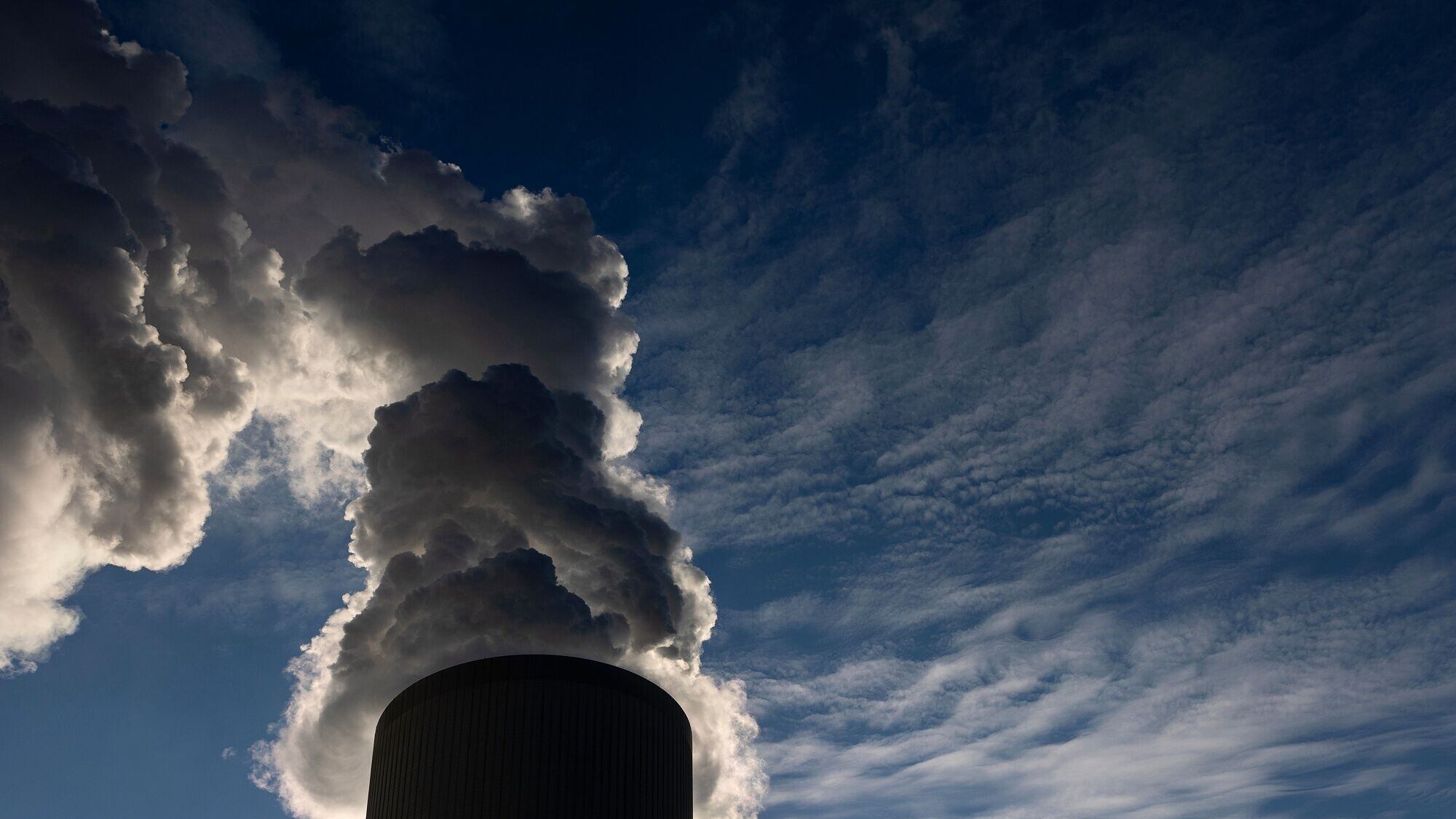(Bloomberg) -- Just 5% of more than 4,000 projects in the global carbon-credit market are considered high quality, according to an analysis by MSCI Inc.
The findings are the latest blow to the voluntary carbon-credit market, which has struggled amid revelations of offerings that fail to deliver promised emission reductions. In July, the Science Based Targets initiative, the world’s top arbiter of corporate climate goals, said a review that it conducted found most credits “ineffective.”
In its research, MSCI said it looked at more than 10,000 documents and one million data points, and applied to each project a variety of criteria to determine its impact. It then scored projects, with ratings ranging from AAA to CCC.
No project got the top score, while just 7% were either A or AA. In what MSCI said was a sign that “many low-integrity projects do remain in the market,” almost half got the two lowest scores possible.
- Here is link to MSCI report.
Efforts are underway to bring greater transparency and improve quality, including the establishment of the Integrity Council for Voluntary Carbon Markets’ core carbon principles, MSCI said. Already new projects “appear to be, on average, of higher integrity.”
Higher quality projects, particularly those with additional positive social or environmental benefits, command better pricing, MSCI said. It scored integrity on a 1 to 5 point scale, with each 1 point gain equal to an 8% increase in the spot price of a project’s credits.
Rather than go to the market, though, buyers are “increasingly” entering “longer-term deals rather than buying credits on the spot market and, in some cases, are providing capital to help develop projects,” according to the MSCI report. “This is particularly the case for nature-restoration projects, which often require significant upfront capital to acquire land and plant trees.”
©2024 Bloomberg L.P.
